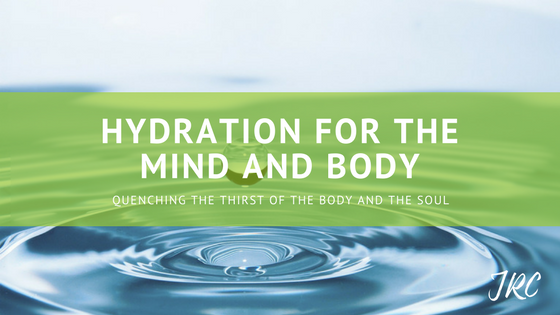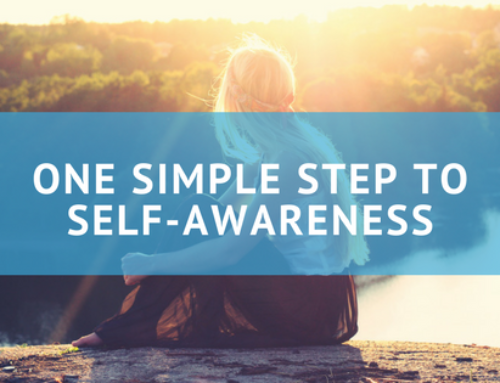When it comes to nourishing our bodies with water, we are advised to drink about half our body weight in ounces daily. The water we drink is the backbone for our body’s ability to function and achieve peak performance. Yet, troubling enough, dry mouth, a symptom often associated with the start of thirst, is actually the beginnings of mild dehydration. In order to maintain our optimal intake, we should drink water when we wake, before we eat, after we eat, at intervals throughout the day, and before bed. Proper hydration requires healthy habits and affects every organ in our body, including the brain.
If we are too busy or too distracted to take a water break or notice fatigue, we inadvertently put ourselves at risk for greater health concerns later. The task of remaining hydrated is made more complicated by all the options available today: mineral water, seltzer water, vitamin water, water with added electrolytes and salt, bottled water, and now the newest hype, coconut water. Staying hydrated is one of the easiest ways to keep our bodies healthy. But with the bombardment of choice it is often difficult to know how to achieve our goal.
At the same time that our bodies try to communicate what they need, sometimes they crave immediate gratification. Coffee, tea, soda, or alcohol (all dehydrating beverages) can be very appealing yet depleting in the long run. The key to success is creating hydrating habits.
The key to success is creating hydrating habits.
Regrettably, the science of our emotional hydration does not prescribe to such a specific formula. Even when we know what we want and need (which is a tough feat all in itself), we are always seeking ways to find greater fulfillment and emotional satisfaction. The quest is ongoing, and it drives our very existence and survival.
Emotional well-being begins with listening to your body when it is trying to communicate its emotional needs. Do not ignore subtle signs of emotional distress such as muscle tension in your back or tightness in your neck. Instead, changing your posture will allow you to break a dehydrating cycle. You can begin by putting your lips together, teeth apart, jaw slightly forward, and shoulders back and down. When you take a full breath with good oral posture, you can emotionally hydrate most effectively.
Ultimately, in our search to fuel our bodies and our souls, we need to ensure that we place our attention on developing healthy habits by consuming enough fluid, nourishing our passions, validating our emotions, and seeking support networks. May we always maintain this important component and quench our thirst.







Leave A Comment